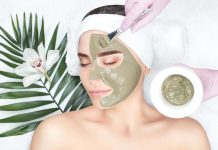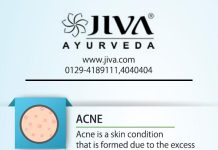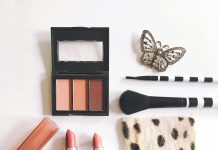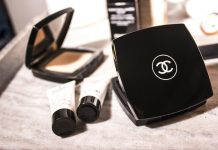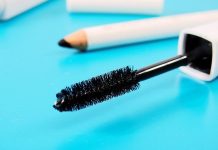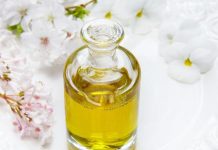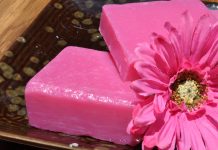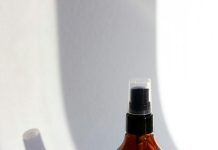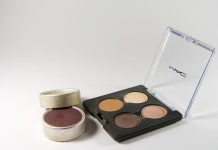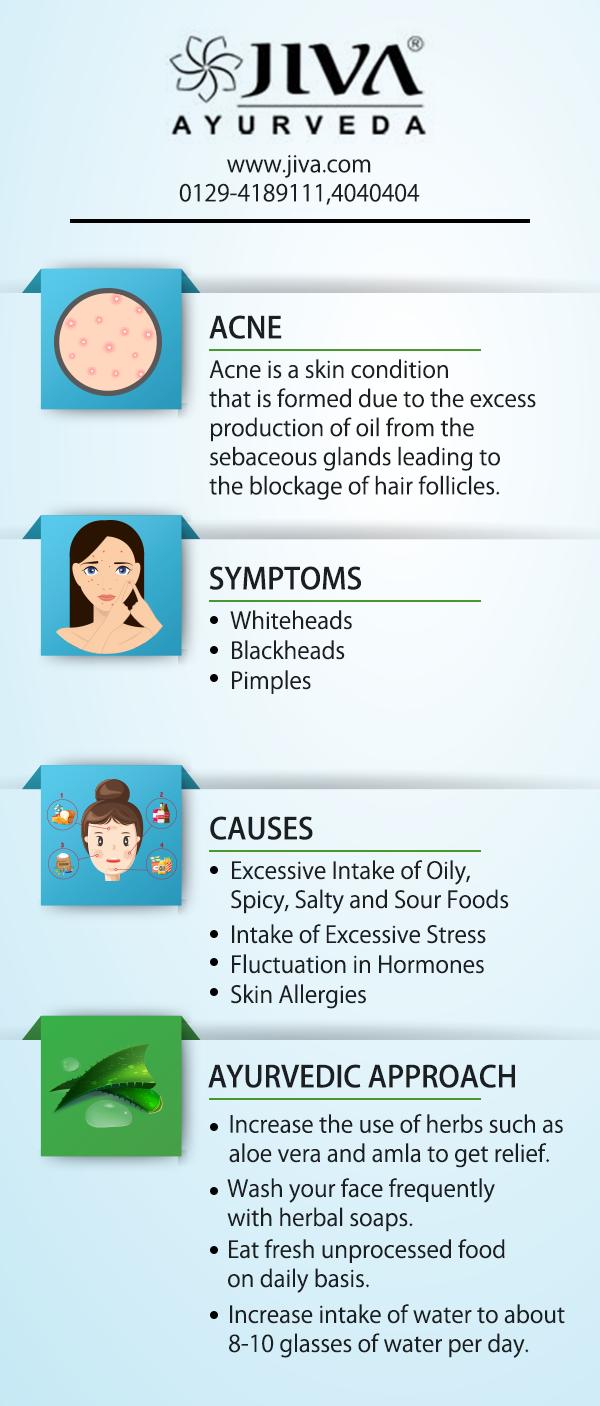In the bustling world of skincare, where countless products promise flawless complexions, acne remains a persistent foe for many. It’s a condition that doesn’t discriminate, affecting teenagers and adults alike, often appearing at the most inconvenient times. But what if the secret to clearer skin lies not in a complex regimen, but in a series of simple, effective steps? In this guide, we’ll explore practical methods to both treat and prevent acne, blending time-tested wisdom with modern insights. Whether you’re battling stubborn breakouts or aiming to maintain a radiant complexion, these strategies offer a path to healthier skin, free from the shadows of acne.
Understanding Acne: Causes and Myths
Acne is a common skin condition that often leaves many confused about its true origins. At its core, acne develops when hair follicles become clogged with oil and dead skin cells. This can lead to blackheads, whiteheads, and pimples. Hormonal changes, particularly during puberty, can increase oil production, making teens especially susceptible. However, it’s not just a teenage problem—stress, diet, and certain medications can also contribute to breakouts at any age.
Despite its prevalence, acne is surrounded by numerous myths. Common misconceptions include:
- Diet is the sole cause: While certain foods might exacerbate acne for some, no specific food universally causes it.
- Poor hygiene leads to acne: Over-washing or harsh scrubbing can actually irritate the skin and worsen acne.
- Sun exposure clears acne: While the sun might dry out pimples temporarily, it can also lead to skin damage and increased oil production.
Understanding these factors can help in forming a more effective approach to treatment and prevention.
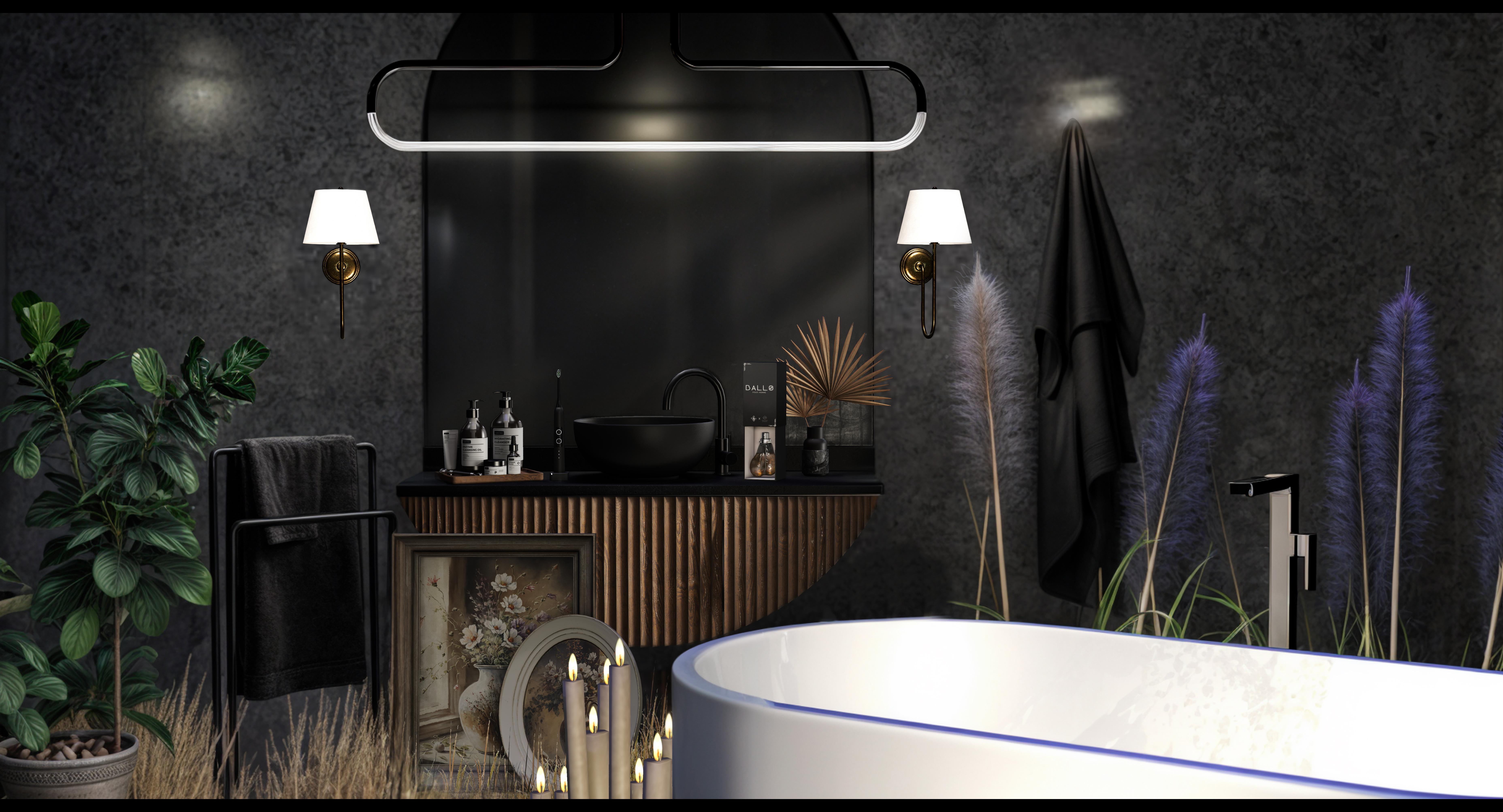
Daily Skincare Routine: Building Your Foundation
Establishing a consistent skincare routine is essential in managing acne effectively. Start with a gentle cleanser to remove impurities without stripping your skin of its natural oils. Look for products containing salicylic acid or benzoyl peroxide, which are effective in targeting acne-causing bacteria. Follow with a toner to balance your skin’s pH and prepare it for the next steps.
Hydration is key, even for oily skin. Opt for a lightweight, non-comedogenic moisturizer to keep your skin nourished. Consider adding a serum with ingredients like niacinamide or hyaluronic acid to enhance your skin’s resilience. Don’t forget to apply a broad-spectrum sunscreen daily, as UV rays can aggravate acne. Incorporate these elements into your routine:
- Cleanse: Morning and night with a gentle formula.
- Tone: Balance your skin’s pH after cleansing.
- Moisturize: Use a non-comedogenic product suitable for your skin type.
- Protect: Apply sunscreen to prevent UV damage.
By following these steps, you create a solid foundation for healthier, clearer skin.
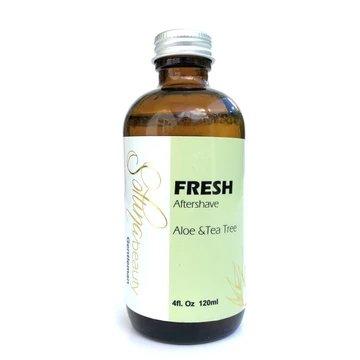
Diet and Lifestyle: Making Conscious Choices
Adopting a balanced diet and mindful lifestyle choices can significantly impact your skin’s health. Begin by incorporating a variety of nutrient-rich foods into your daily meals. Consider these options:
- Fruits and Vegetables: Opt for colorful produce like berries, spinach, and carrots to provide antioxidants that fight skin inflammation.
- Healthy Fats: Include sources such as avocados, nuts, and olive oil, which help maintain skin moisture and elasticity.
- Hydration: Ensure you drink plenty of water throughout the day to keep your skin hydrated and flush out toxins.
Equally important is cultivating a lifestyle that supports skin health. Consider these practices:
- Regular Exercise: Engage in activities like yoga or jogging to boost circulation and promote a natural glow.
- Quality Sleep: Aim for 7-9 hours of restful sleep to allow your skin to repair and rejuvenate overnight.
- Stress Management: Practice mindfulness or meditation to reduce stress, which can exacerbate acne.
By making these conscious choices, you can effectively manage and prevent acne while enhancing your overall well-being.
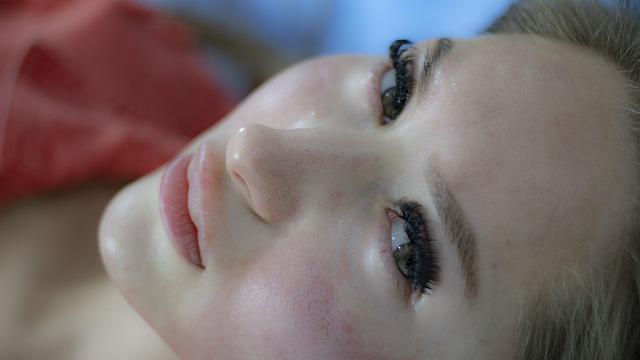
Effective Treatments: From Home Remedies to Professional Care
Addressing acne requires a balanced approach that combines both natural and professional methods. At home, you can start with simple yet effective remedies. Tea tree oil is a popular choice due to its natural anti-inflammatory and antimicrobial properties. Apply a diluted solution to affected areas to reduce redness and swelling. Aloe vera is another soothing option that can help heal scars and prevent new breakouts. Regularly cleansing your face with a gentle, non-comedogenic cleanser can also make a significant difference.
- Use salicylic acid or benzoyl peroxide treatments for targeted care.
- Incorporate hyaluronic acid to maintain skin hydration without clogging pores.
- Consider retinoids for more severe cases, but consult with a dermatologist first.
For persistent or severe acne, seeking professional care is crucial. Dermatologists can offer personalized treatments such as chemical peels or laser therapy, which target deeper skin issues. Prescription medications, like oral antibiotics or birth control pills, may also be recommended to manage hormonal imbalances that contribute to acne. Combining these professional treatments with a consistent home care routine often yields the best results.

